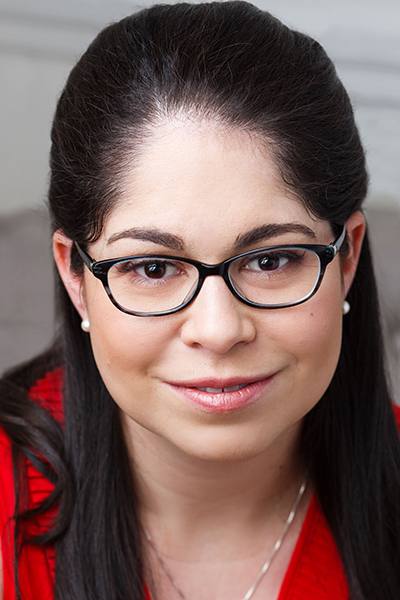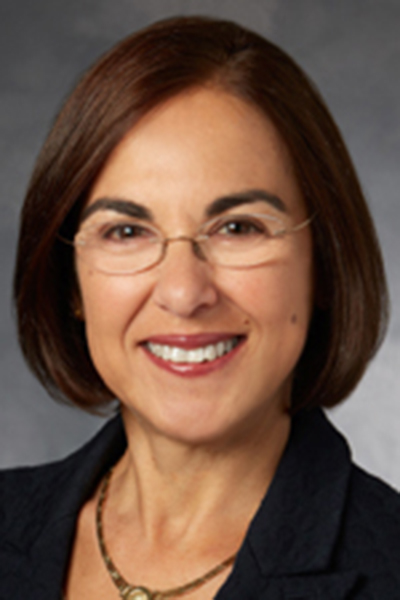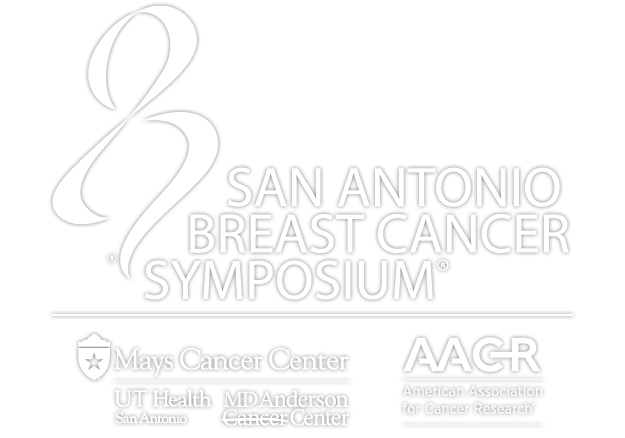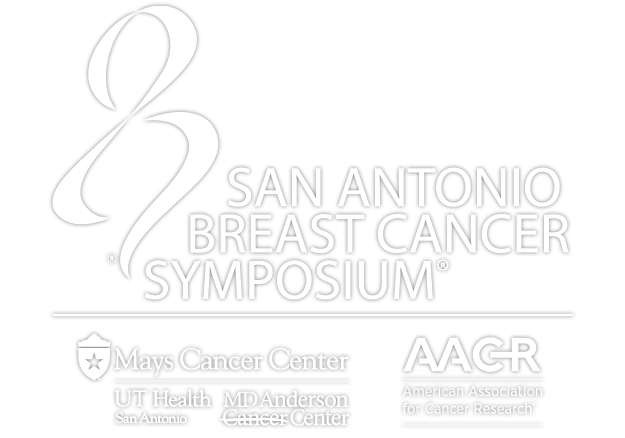A Special Session on day one of SABCS 20 featured an international roster of clinicians, researchers and patients who shared their professional and personal stories about breast cancer care during the COVID-19 pandemic. The session, “Breast Cancer Care During COVID-19: How Did Patients and Clinicians Respond – A Global Perspective,” also included several abstract presentations featuring the results of recent studies looking at how the pandemic has impacted care and how patients and providers have responded.

During part one of the session, “Confronting Inequities of Care,” Deborah Doroshow, MD, PhD, Assistant Professor of Medicine, Tisch Cancer Institute, Icahn School of Medicine at Mount Sinai, New York, talked about how the COVID-19 pandemic has disproportionally affected minority cancer patients.
Dr. Doroshow, part of the COVID-19 and Cancer Outcomes Study (CCOS), noted that care disparities outlined in CCOS might be attributed to factors such as minority patients facing increased vulnerability because they are more likely to be front-line workers or from multi-generational homes. Worse outcomes could be due to poorer baseline health and disparities in health literacy and insurance leading to delayed care. Care disruptions could also be caused by language barriers and a lack of digital literacy.
“Ultimately, however, I believe the root cause of these disparities is decades and certainly centuries of institutionalized racism,” Dr. Doroshow said.
Dr. Doroshow advocated for a “continuity of care” where providers make sure not to assume that all patients can engage in social distancing, understand COVID-19-related public health recommendations, have safe ways to get to clinics, or have the technology, English skills, and visual or hearing acuity to participate in telehealth.
Care providers, she said, must maintain persistence in not losing patients to follow up, ask about living and social situations while supporting safe public health practices as much as possible, deliver non-judgmental, supportive education, aid patients in getting to clinics while emphasizing the importance of not delaying urgent care, make sure that telehealth is provided to those able and willing to participate, and ask patients what they need from the heath care workers.
Following Dr. Doroshow, three abstracts were presented:
- SS2-06: First Author Sharon B. Chang, Senior Financial Analyst, Kaiser Permanente, Fremont Medical Center, Fremont, talked about the impact of operational changes on both the presentation and treatment of breast cancer patients when California’s “shelter in place” order halted screening mammographies and elective surgeries.
- SS2-05: Ko Un “Clara” Park, MD, FACS, Assistant Professor of Surgery, The Ohio State University James Comprehensive Cancer Center, shared data from a provider survey about using neoadjuvant endocrine therapy (NET) in early-stage ER+ breast cancer during the pandemic until surgery could proceed.
- SS2-09: First Author Christian Miller, GW Cancer Center, Washington, DC, discussed the usability of telemedicine for cancer care during the pandemic, which was perceived favorably by providers and patients.

The second part of the session included “Living with Breast Cancer and COVID-19,” during which Lidia Schapira, MD, Medical Oncologist, Stanford University School of Medicine, Stanford, CA, discussed the meaning of “resilience” and how to cultivate that quality.
Dr. Schapira said that this is an urgent moment to address the inequities of care that have been exposed by COVID-19 and to recognize that patients with cancer and their caregivers need access to supportive services and psychological care.
Resilience, she said, involves maintaining psychological and physiological function in the face of a stressor such as cancer. Cultivating resilience requires finding ways to calm the mind and connect with others while also practicing self-care and cultivating positive action in the community.
“For those of us working in oncology, it’s really important to take a moment to remember that we need to do this with compassion,” Dr. Schapira said. “We need to harness our empathic feelings that allow us to understand, even feel, how others are feeling, but then turn those feelings into actions that actually serve our patients and help us preserve our own mental health and avoid burnout.”
The second part of the session included one abstract presentation:
- SS2-02: First Author Brittney S. Zimmerman, MD, Tisch Cancer Institute, Icahn School of Medicine at Mount Sinai, New York, presented an abstract about patient perception of breast and gynecologic cancer care at a single large cancer care center. The study looked at care delays or cancellations and overall patient quality of life.
The session concluded with a section on global perspectives about breast cancer care during the pandemic. Discussants Felipe Andrade, MD, Hospital Sirio Libanes, São Paulo, Brazil, and Giussepe Curigliano, MD, Instituto Europeo di Oncologia, Milan, Italy, talked about important findings and lessons learned by each nation and advocate Isabel Centeno shared the story from Mexico.
Following was the session’s final abstract presentation:
- PS7-88: First Author Prof. Dr. Sabine Siesling, University of Twente, the Netherlands, reviewed a population-based study about the effect of the COVID-19 pandemic in the Netherlands on the initial treatment of breast cancer.
SABCS registrants have exclusive on-demand access to this and other virtual SABCS programming until March 13, 2021.



